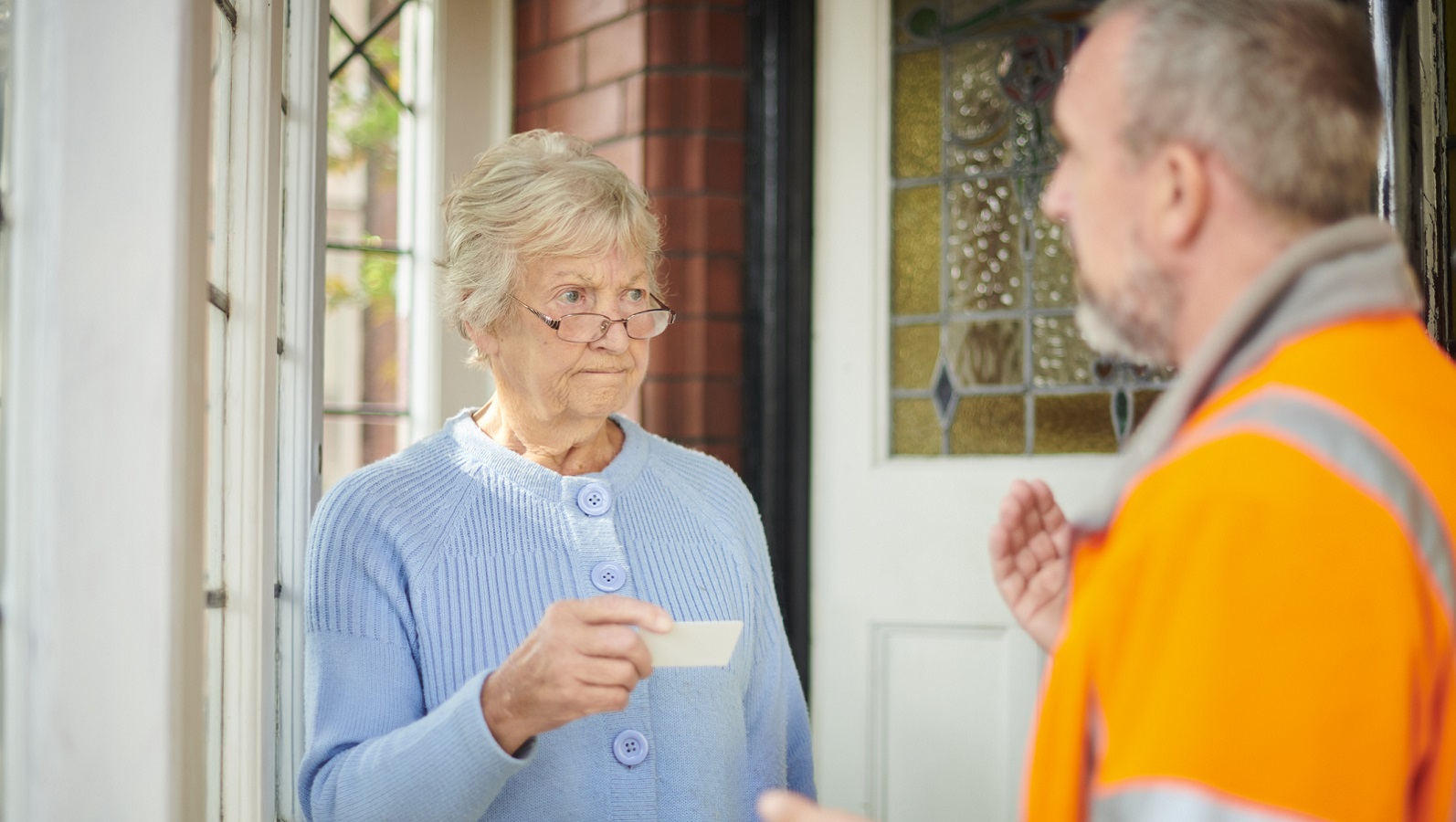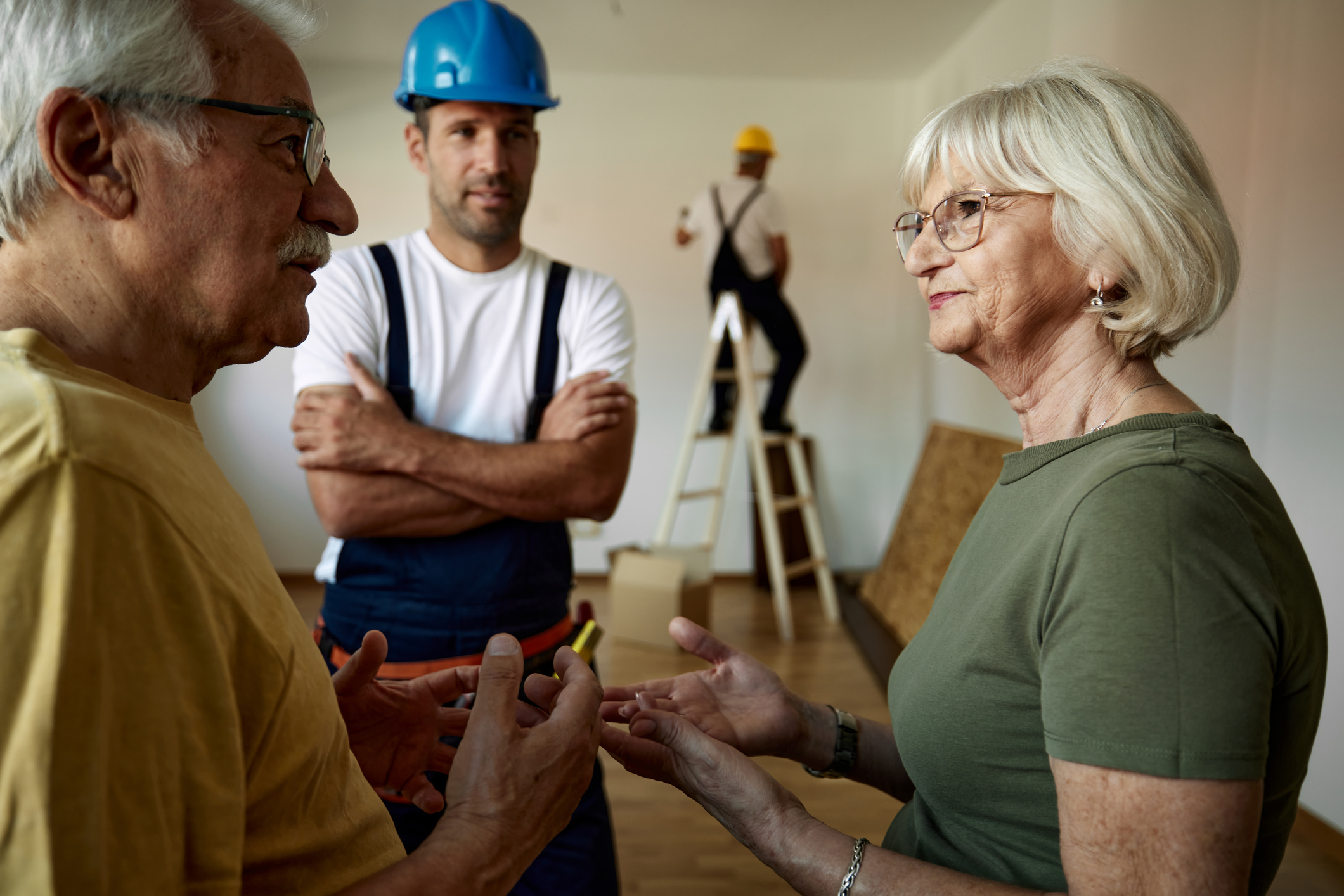
Natural disasters like hurricanes, wildfires and severe storms can bring communities together — but they can also attract scammers. The Better Business Bureau (BBB) warns that these high-stress events often draw in “storm chasers” and out-of-town contractors looking to exploit vulnerable homeowners.
With the National Oceanic and Atmospheric Administration (NOAA) forecasting an above-normal hurricane season and more frequent severe weather this summer, homeowners in high-risk areas should be especially cautious. Disasters create a surge in demand for repairs and cleanup, and scammers are quick to seize the opportunity.
While some contractors may be legitimate, others may lack proper licensing, offer quick fixes or make promises they can’t keep. The BBB advises verifying credentials, avoiding high-pressure sales tactics and never paying in full upfront.
The BBB said there are things you should do when hiring any contractor, including making sure you get three estimates for the work, put everything in writing and paying with a credit card. We'll show you how.
Protecting yourself from storm chasers

The BBB provides the following tips to help protect yourself from storm chasers:
- Talk to your insurance company: Ask about your natural disasters coverage and any requirements for filing a claim as well as whether you have coverage related to temporary lodging if your home is no longer livable. Also, ask if the insurer has recommendations for contractors for any work or cleanup that may be required.
- Do your research: If you need to find a contractor, look for a businesses that you can trust using BBB’s search tool. Check with the state or local government agency responsible for registering and providing licenses to contractors in your area. Also, talk with friends and family to see if they have any recommendations.
- Resist high-pressure sales tactics: Whether they show up at your door or call you on the phone, storm chasers will sometimes tout their “good deals” that you will only get if you hire them immediately.
- Be wary of door-to-door contractors: Many municipalities require solicitation permits for door-to-door sales, so if a contractor shows up at your door, ask for identification. You should also check their vehicle for a business name, phone number and license plate for your state.
- Do not sign over insurance checks: Rather than signing over an insurance check, have the contractor send you an invoice and pay them directly, ideally with a credit card since these offer additional fraud protection over other forms of payment. Never sign any forms that give the contractor the rights to your insurance claims. Contact your insurance company directly with any questions or concerns.
- Don’t let contractors go where you can’t see them: While most contractors follow the law, an unethical one may create damage just to get work. Given that, you should not allow anyone you do not know to inspect your roof, attic, crawl space, ducts or any other area of your house where you cannot watch them or see for yourself.
How to find a contractor
Whether you need help after a natural disaster or are simply looking to remodel your home, there are several ways to vet a contractor. These include taking stock of the contractor's credentials and experience, talking to references and checking if they have liability and workers' compensation insurance.
The BBB also provides a how to find a reliable and trustworthy contractor resource page with links to other helpful sites.







